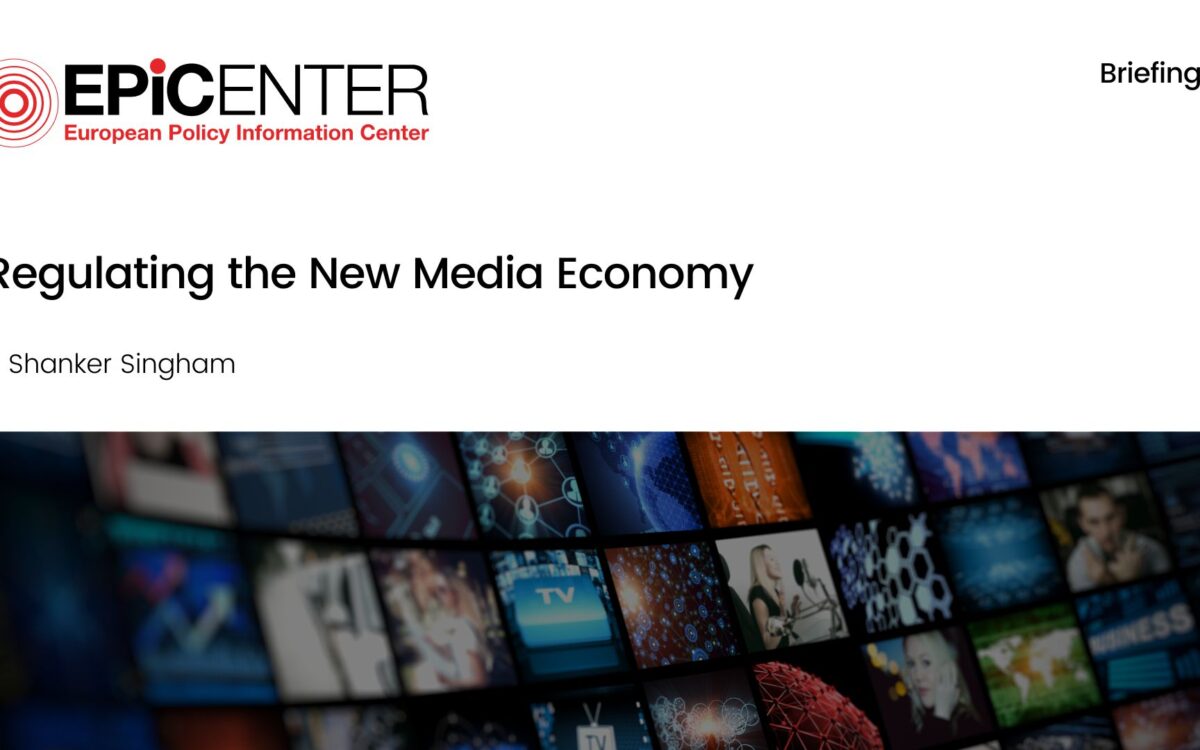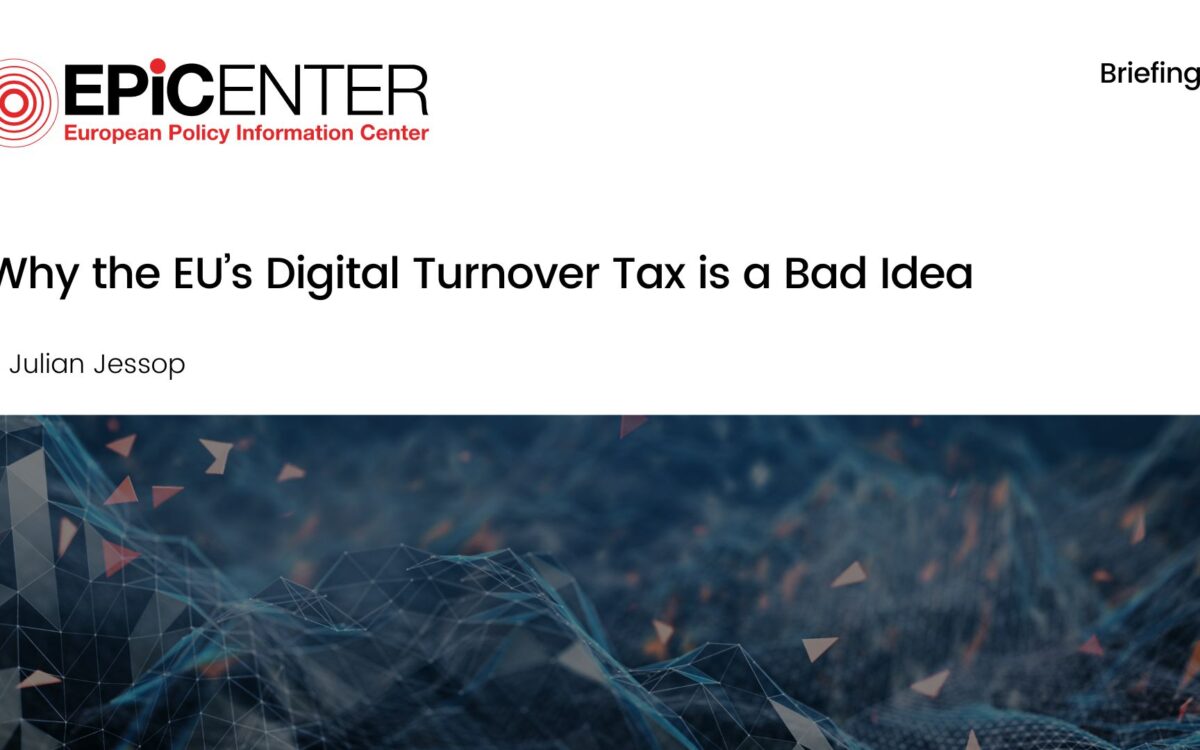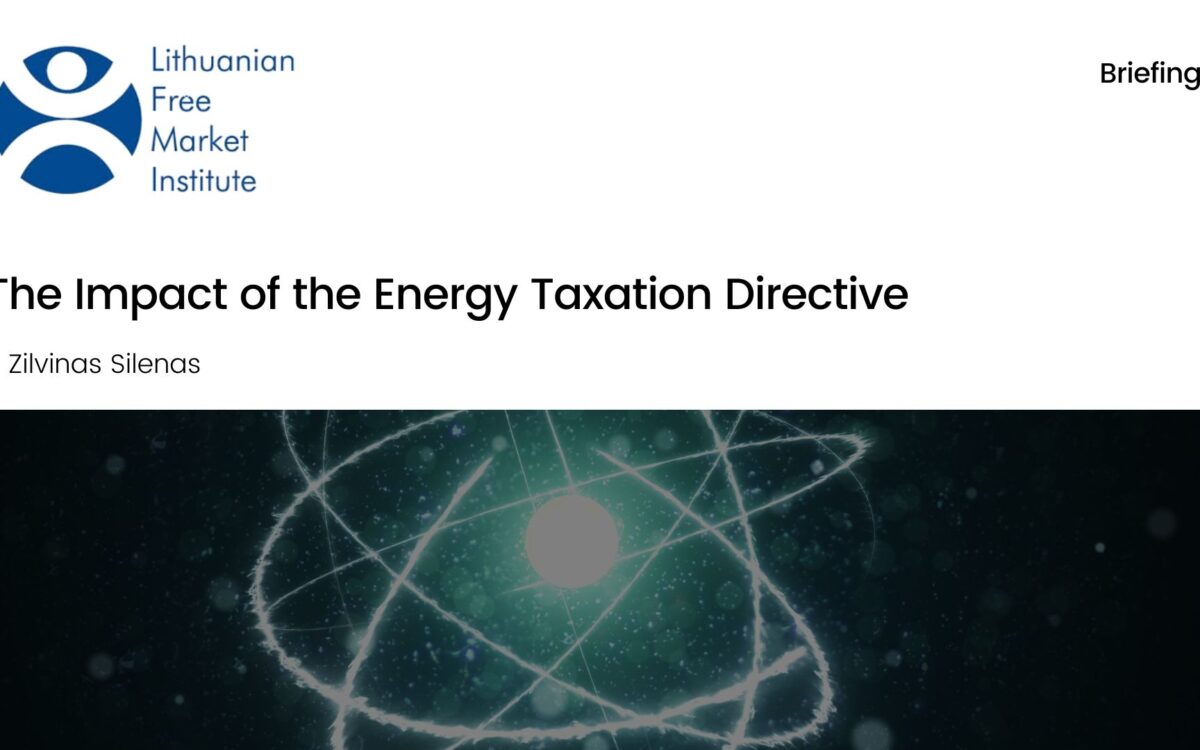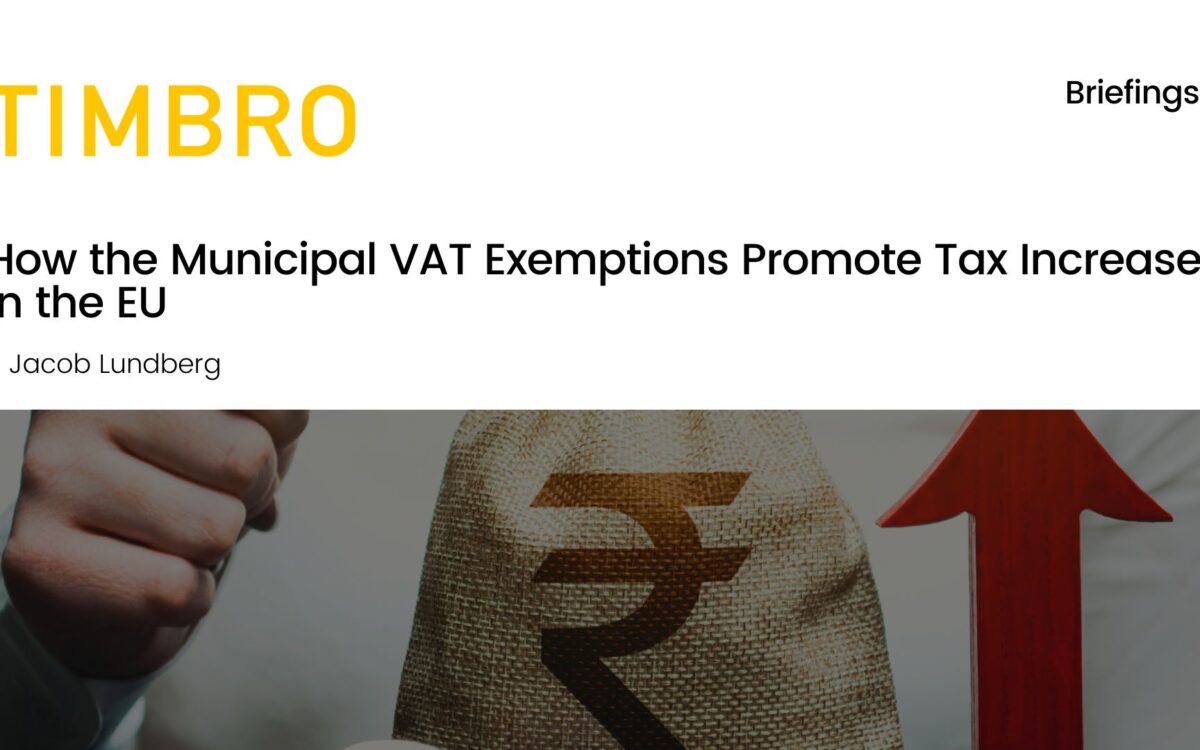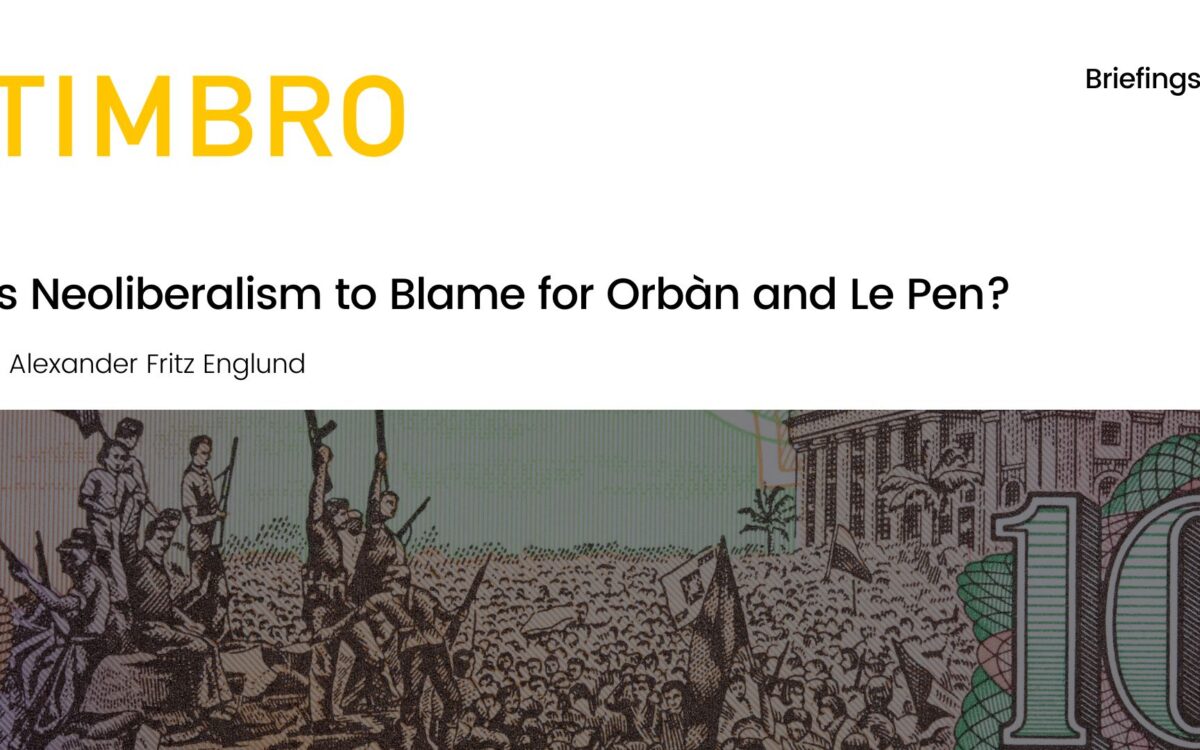December 1, 2018
The Commission’s decision to fine Google for unfair practice was based on a misunderstanding of the Android ecosystem and a mistaken definition of the relevant market. This allowed Google’s activities to be wrongly cast as those of a monopoly abusing its position.

